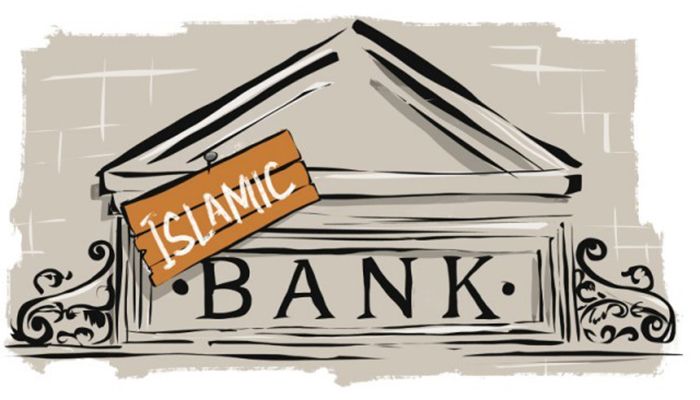
Tausif Ahmed
Publish: 17 Sep 2023, 12:22 pm

Islamic Bank || Representational Image
The Islamic banking sector in Bangladesh, which constitutes a significant portion of the country's broader banking industry, is still grappling with liquidity challenges, as reported by the global credit agency, Fitch Ratings.
Nevertheless, there has been some improvement in this situation, largely due to the support provided by the central bank through initiatives such as the Islamic Bank Liquidity Facility and Mudarabah Liquidity Support. Additionally, there remains notable public demand for Islamic deposit products, according to Fitch's recent non-rating action commentary.
As of the first half of 2023, Islamic banks in Bangladesh held 25.3% of all domestic industry deposits, though this figure has declined from 28.2% recorded at the end of the first half of 2022.
During the period from 2022 to the first half of 2023, Islamic banks in Bangladesh experienced substantial outflows of customer deposits, and their liquidity reserves were lower compared to conventional banks, amidst reports of loan irregularities.
Fitch noted that the excess liquidity of Islamic banks, defined as total cash reserves minus the required reserves with the central bank, saw a significant year-on-year decline of 66.6% (equivalent to Tk 9.82 billion) at the end of the first half of 2023. However, there has been a subsequent improvement, with a 12.7% increase in excess liquidity on a quarterly basis.
On the contrary, deposit growth has been slowing down. As of the first half of 2023, Islamic banks' total deposits grew by only 3.8% year-on-year, a substantial decrease from the 12% year-on-year growth observed in the first half of 2022.
Bangladesh stood as the eighth-largest Islamic banking market globally by the end of 2022, boasting total assets amounting to Tk 4,970.7 billion (US$45.3 billion). This positioned it ahead of countries like Indonesia, Bahrain, Pakistan, Egypt, Jordan, and Oman, according to data from the Islamic Financial Services Board. Furthermore, the market share, based on industry loans, has been on the rise and reached 29.1% at the end of the first half of 2023, compared to 28.5% at the end of the first half of 2022.
Nonetheless, the industry still holds substantial untapped potential, considering that 62% of the Bangladeshi population lacks an account with any financial institution, whether conventional or Islamic, as indicated by 2021 World Bank data. Given that Bangladesh boasts the world's third-largest Muslim population, with a sizable portion being sharia-sensitive, there's room for expansion, according to the credit rating company.
Many conventional banks are responding to customer demand by increasing their Islamic product offerings. They are achieving this by either establishing new Islamic branches or windows or by converting into fully-fledged Islamic banks, driven by more relaxed prudential requirements.
Islamic branches and windows of conventional banks have been expanding, accounting for 8.2% of Islamic banking deposits as of the end of the first half of 2023, compared to 7.1% in the first half of 2022. The remaining 91.8% of these deposits are held by full-fledged Islamic banks.
In Bangladesh, Islamic banks can receive customer deposits based on either mudaraba (a profit-and-loss sharing contract) or wadiah (a safe-keeping contract). Mudaraba-based deposits constituted more than 85% of customer deposits in Islamic banks at the end of the first half of 2023.
Fitch has not observed instances of Islamic banks passing on losses to depositors or failing to distribute profits. Doing so could increase reputational risks and lead to further outflows of customer deposits.
The company also anticipates that Bangladesh Bank would not allow depositors to bear losses, as this could erode investor confidence in the banking system. Financing based on profit and loss principles, such as mudaraba and musharaka, accounted for less than 1% of total financing.
Despite its growth, the Islamic finance industry in Bangladesh continues to face significant structural obstacles. These challenges encompass a lack of sharia-compliant investment options like sukuk, gaps in human capital development, a lack of unified shariah rulings, and a regulatory framework for Islamic finance that requires updates.
In general, the banking sector in Bangladesh faces weaknesses in its balance sheets, governance, and regulatory quality. While the central bank has taken steps to enhance governance in public-sector banks, including appointing observers to bank boards, progress in this regard has been sluggish, according to Fitch's assessment.
Subscribe Shampratik Deshkal Youtube Channel
© 2024 Shampratik Deshkal All Rights Reserved. Design & Developed By Root Soft Bangladesh